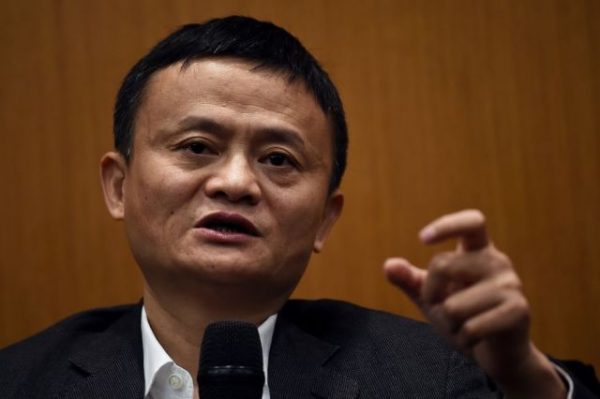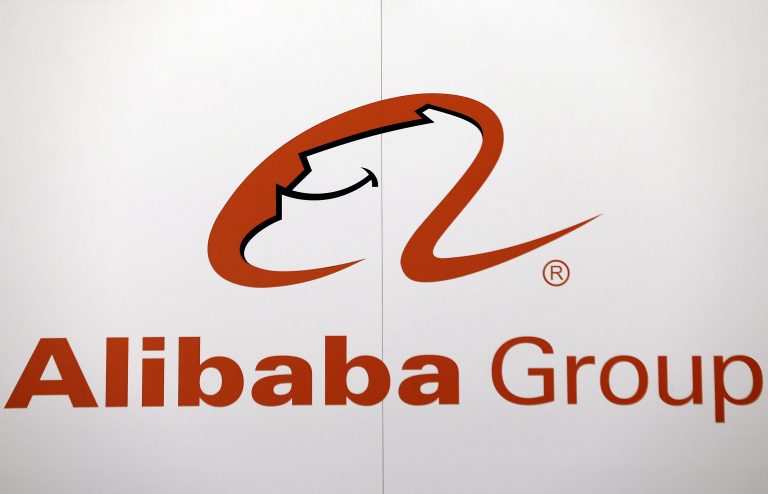Alibaba Group, one of the largest e-commerce companies in the world, has announced its plans to split into six different firms, each of which will pursue a separate IPO. The move, which was officially announced on March 28, came a day after the surprise return of founder Jack Ma to China following a lengthy stay abroad.
The decision was made in hopes of “giving the company more flexibility and allowing it to focus on different sectors of its business,” particularly in cloud computing, e-commerce, and logistics.
The six new firms will include Tmall, a platform for branded goods; Taobao, a marketplace for small businesses; AliExpress, a platform for international buyers; Alibaba Cloud, a cloud computing and data intelligence business; Cainiao, a logistics and delivery network; and Ant Group, a financial technology firm, the corporation said.
MORE ON BIG TECH CRACKDOWN IN CHINA:
- Alibaba and Tencent Stocks Plunge After Latest Fines
- TikTok CEO Denies It Ever Shared User Data With the Chinese Regime
- State Governments Hosting TikTok Tracking Pixels On Websites, Researchers Find
- Alibaba Shares Plunge After Company Warns of Potential Slowdown
Shaking things up
This restructuring is not unexpected, as Alibaba has been facing increased regulatory pressure from the Chinese Communist Party (CCP) and its watchdog agencies, experts say. In fact, in 2020, Jack Ma was reportedly summoned to a meeting with regulators and forced to postpone Ant Group’s IPO, which would have been the world’s largest.
By splitting into different firms and pursuing separate IPOs, Alibaba is seeking to reduce its regulatory risk and streamline its operations. Each of the six firms will have its own management team and be able to make independent decisions — allowing for greater agility and responsiveness to market changes.
Success
You are now signed up for our newsletter
Success
Check your email to complete sign up
According to a letter addressed to employees from CEO and chairman Daniel Zhang, the transformation will “empower all of Alibaba’s businesses to become more agile, make better decisions, and respond to market changes more quickly.”
Zhang added that the company plans to “streamline its middle and back office functions,” but did not provide specifics regarding any potential job reductions, layoffs, or departmental restructuring.
The decision to spin off Ant Group is particularly notable, given the company’s troubled history with regulators. Ant Group was originally supposed to go public in November 2020, but its IPO was suspended at the last minute after regulators expressed concerns about its business practices.
Since then, the company has been forced to overhaul its operations and submit to increased government scrutiny.
Revamped leadership
The company also made note that moving forward, responsibility for the company’s performance will rest solely on the CEOs of each group, as they will be in charge of their respective boards of directors.
Zhang will retain his position as chairman and CEO of Alibaba Group, which will adopt a holding company management model. Additionally, he will serve as the CEO of the Cloud Intelligence Group, which will oversee the company’s cloud and artificial intelligence businesses.

Following a major outage in late December that impacted Alibaba Cloud Intelligence’s cloud service, Zhang was named acting president of the division.
Other shakeups include Jiang Fan, who has been newly appointed as the CEO of the Global Digital Commerce Group, which encompasses AliExpress, Lazada, Daraz, Trendyol, and Alibaba.com, with the announcement of Alibaba’s restructuring.
In response to this news, Citigroup analyst Alicia Yap raised Alibaba’s target price to $156, up from just over $86, and described the restructuring announcement as an “earlier-than-expected surprise.”
Yap also noted that while it may take some time for each business unit to complete the separate fundraising activities, and the holding group’s stake in each business unit post-separate listing remains unclear, she believes that it will lead investors to reevaluate the valuation methodology of Alibaba.
Finding steady footing
Despite the regulatory challenges, Alibaba remains a formidable player in the e-commerce industry. In 2020, the company reported revenue of $109.5 billion and had more than 1 billion annual active users across its various platforms.
The company’s decision to split into separate firms is expected to have significant implications for the industry and could potentially pave the way for other e-commerce giants to follow suit, Yap pointed out.














